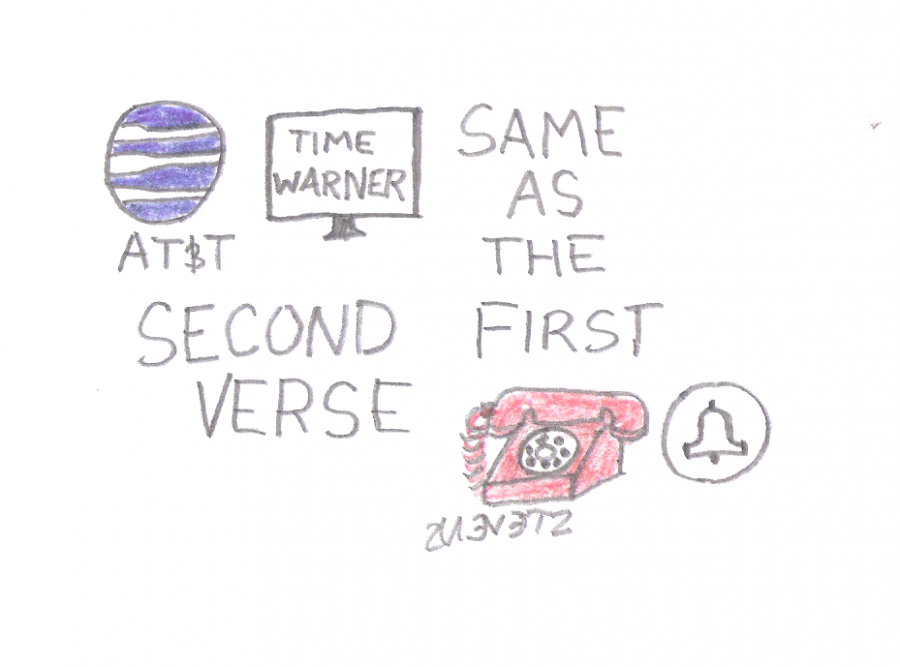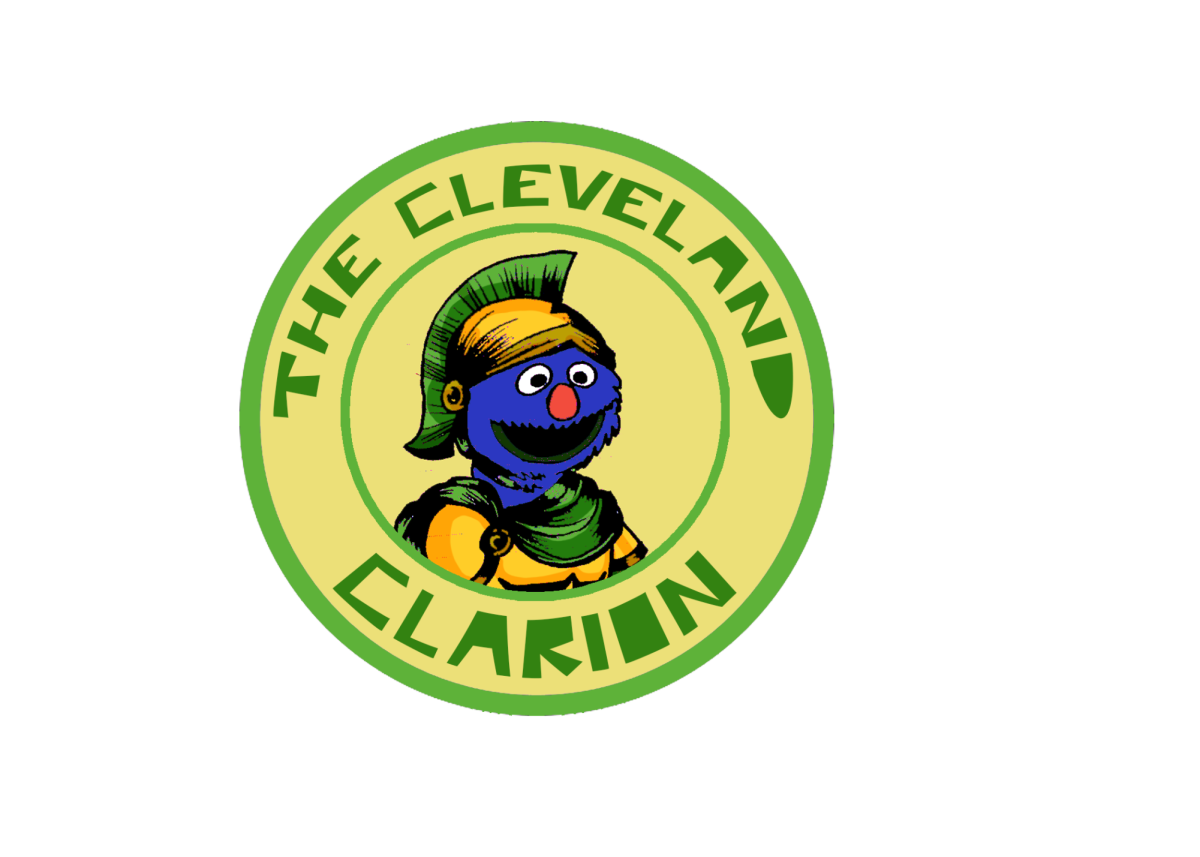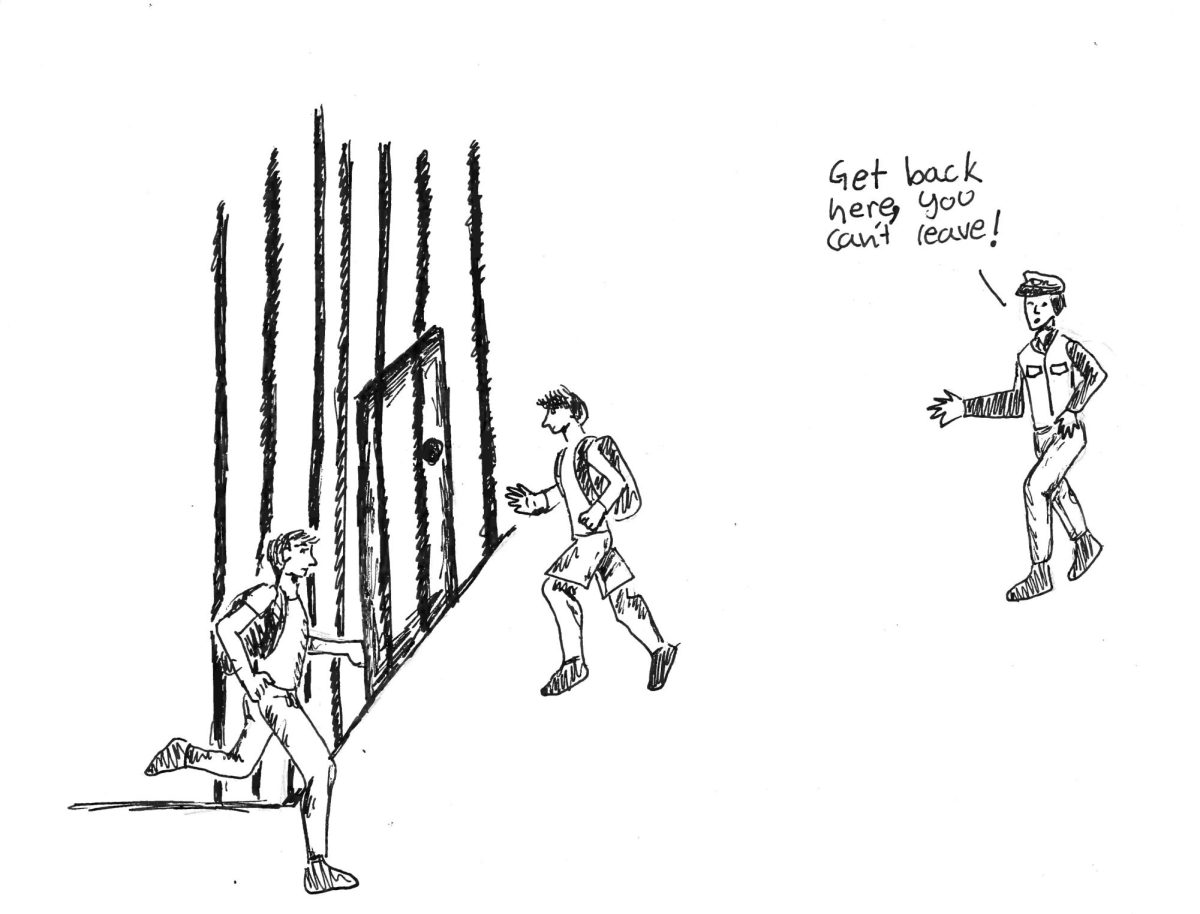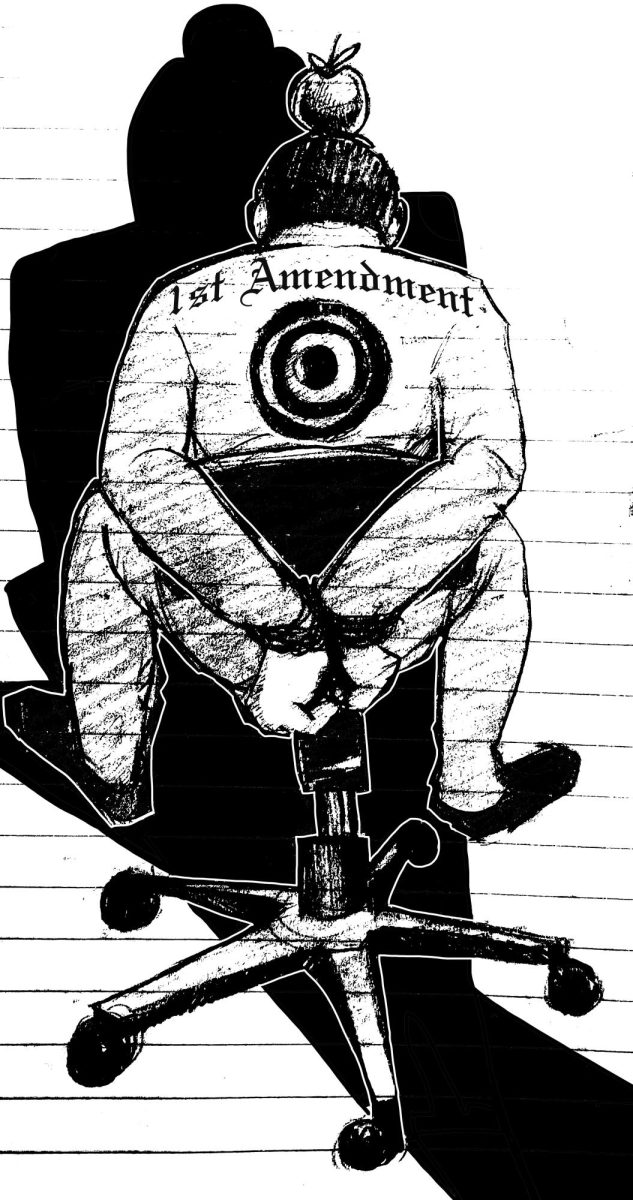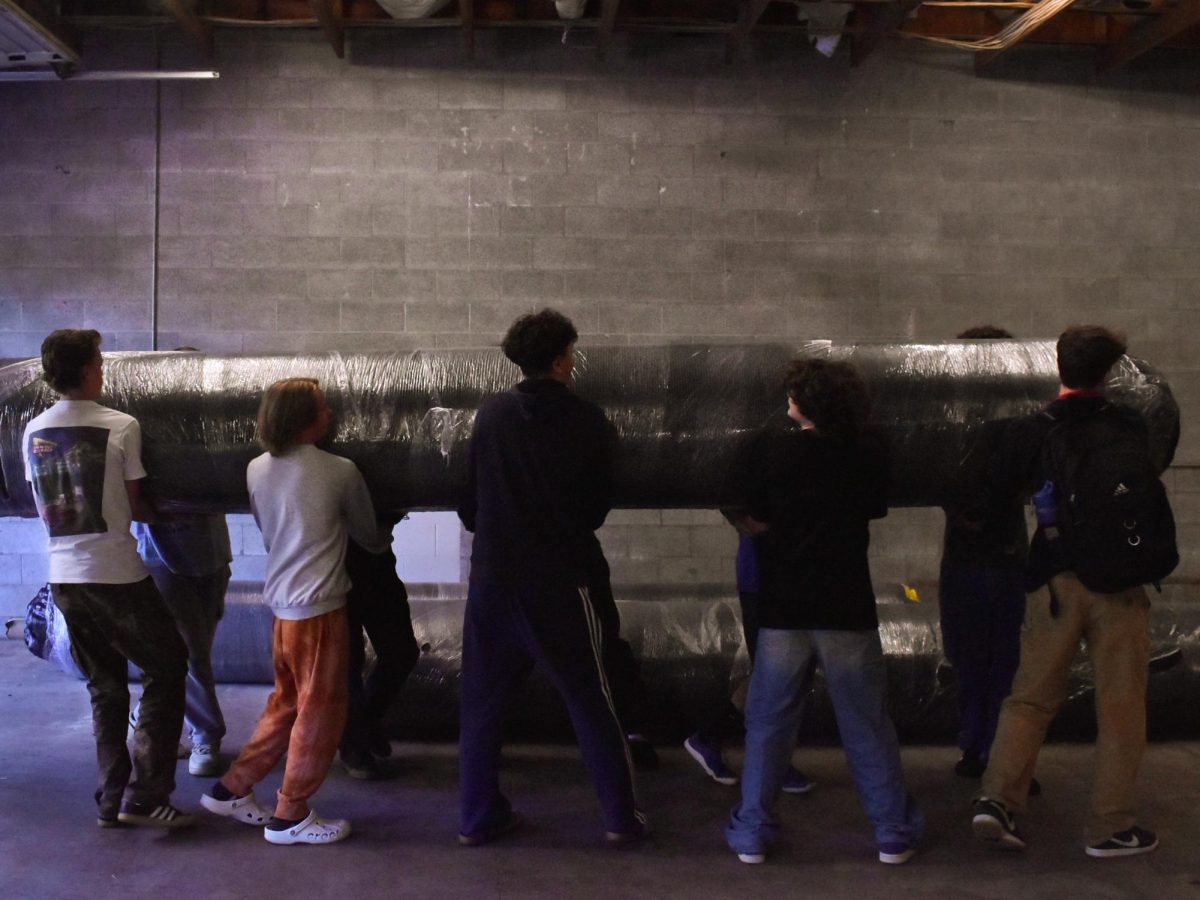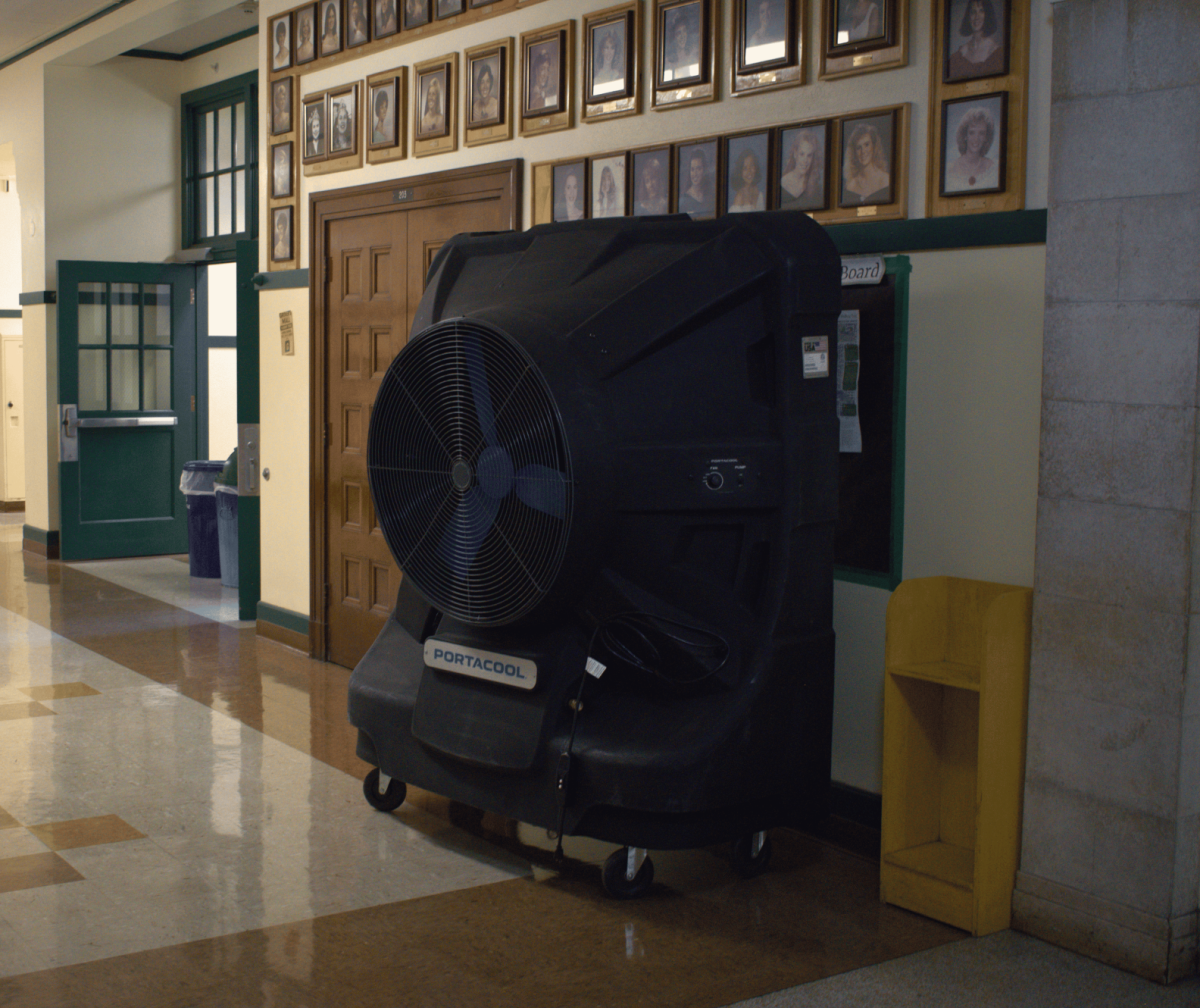AT&T, Time Warner Merge: A Threat to Mass Media
November 24, 2016
Imagine living in a world where each customer is using one company, even as it rips everyone off. They own everything, and because of this, you have no choice but to “support” the company or have no service. Well, this world is real–this phenomenon is called a monopoly and they’re nothing new to the economical wasteland of our country.
But the newest merger between AT&T and Time Warner may just take the term “monopoly” too far. The pending deal, worth $58 billion, would basically mean that virtually every person in this country would somehow be supporting AT&T whether you know it or not.
AT&T is merging is due to the competition between providers. Recently, Comcast bought NBC to become NBC-Comcast-Universal, and AT&T wants to respond. Currently AT&T has a 32 percent market share and that number may double when and if Time Warner gets bought out.
What makes this deal so big are the assets that Time Warner owns. Time Warner runs a cable TV service, the Turner Broadcasting system, CNN, Warner Brothers, DC comics, and part of the popular streaming service Hulu along with popular TV stations. So now if you read comics, watch TV channels owned by AT&T, or you use Direct TV or Time Warner Cable, or are watching shows and movies owned by Warner Brothers, you are basically helping AT&T become bigger. And don’t forget AT&T’s fiber optics, copper landlines, and their 4G network. AT&T could make a lot more money on top of the billions it makes yearly if this deal goes through.
This isn’t the first time AT&T was this big though. Back in the Ma Bell days, AT&T had close to 85 percent of the market under a “regulated monopoly” when prices were ridiculous and you had barely any other choices for services. In a way, Ma Bell is back, but in more markets. By doing this, AT&T’s sprawl of business is just about unstoppable. An anti-trust lawsuit is possible, but unlikely due to the fact that Comcast was able to merge with NBC with almost no scrutiny. If allowed, the deal should be complete by the end of the year.
At this point, there is not much we can do against this deal. The FCC, or Federal Communications Commission, may be able to stand up against this deal, as long as political lobbying does not get in the way. If not, the president may have the option to block the deal. This may be unlikely, since Republicans love mergers between corporations as they drown out start-ups and ensure that nearly everyone is using the company for its services.
So here we are, standing on the verge of another “Ma Bell” style monopoly. There is not much to do but hope it gets rejected. Let’s just hope the FCC does something right for once, decides that the whole thing is a bad idea, and turns down the merger. It is the only way to keep an overly powerful, greedy corporation away from total domination of the mass media market.



